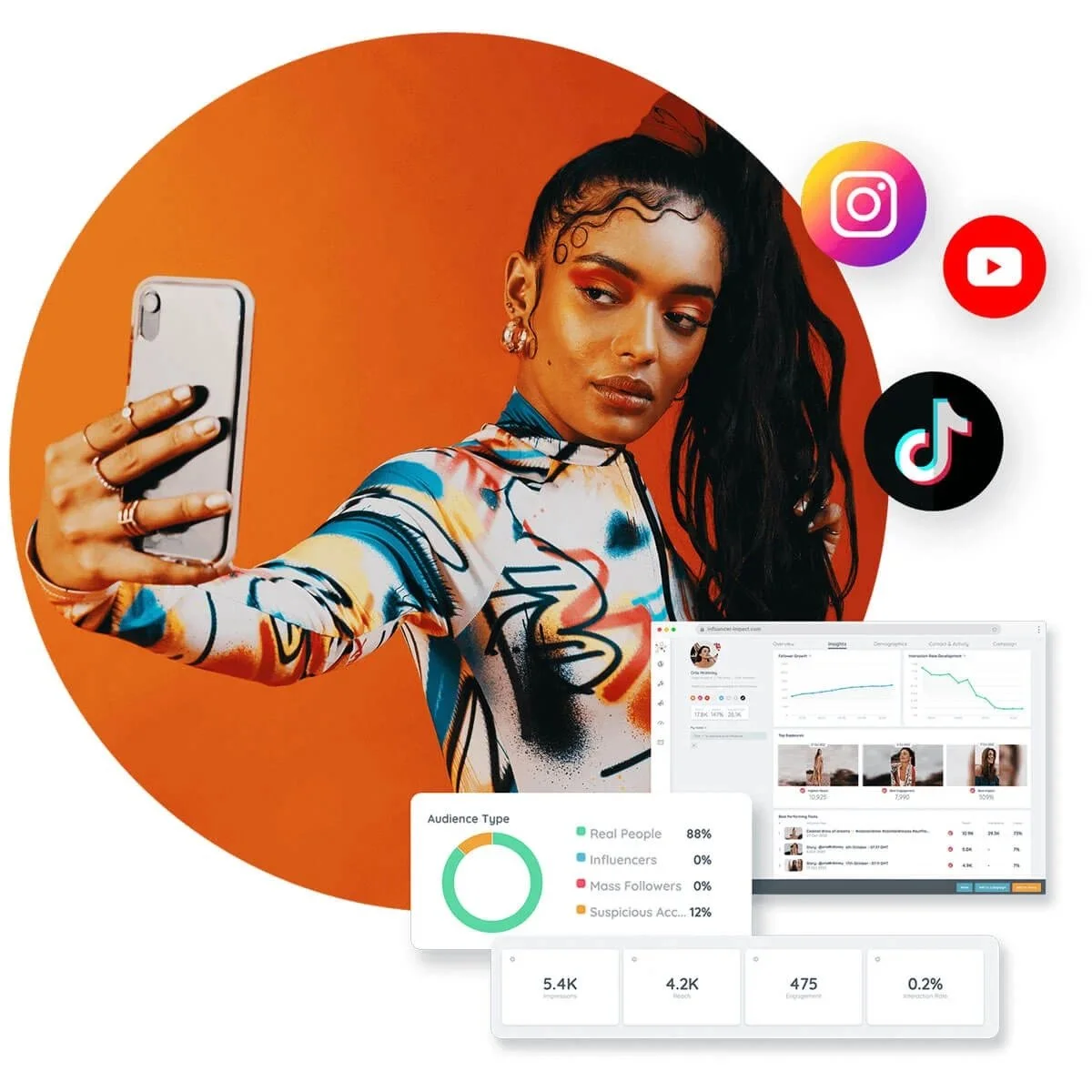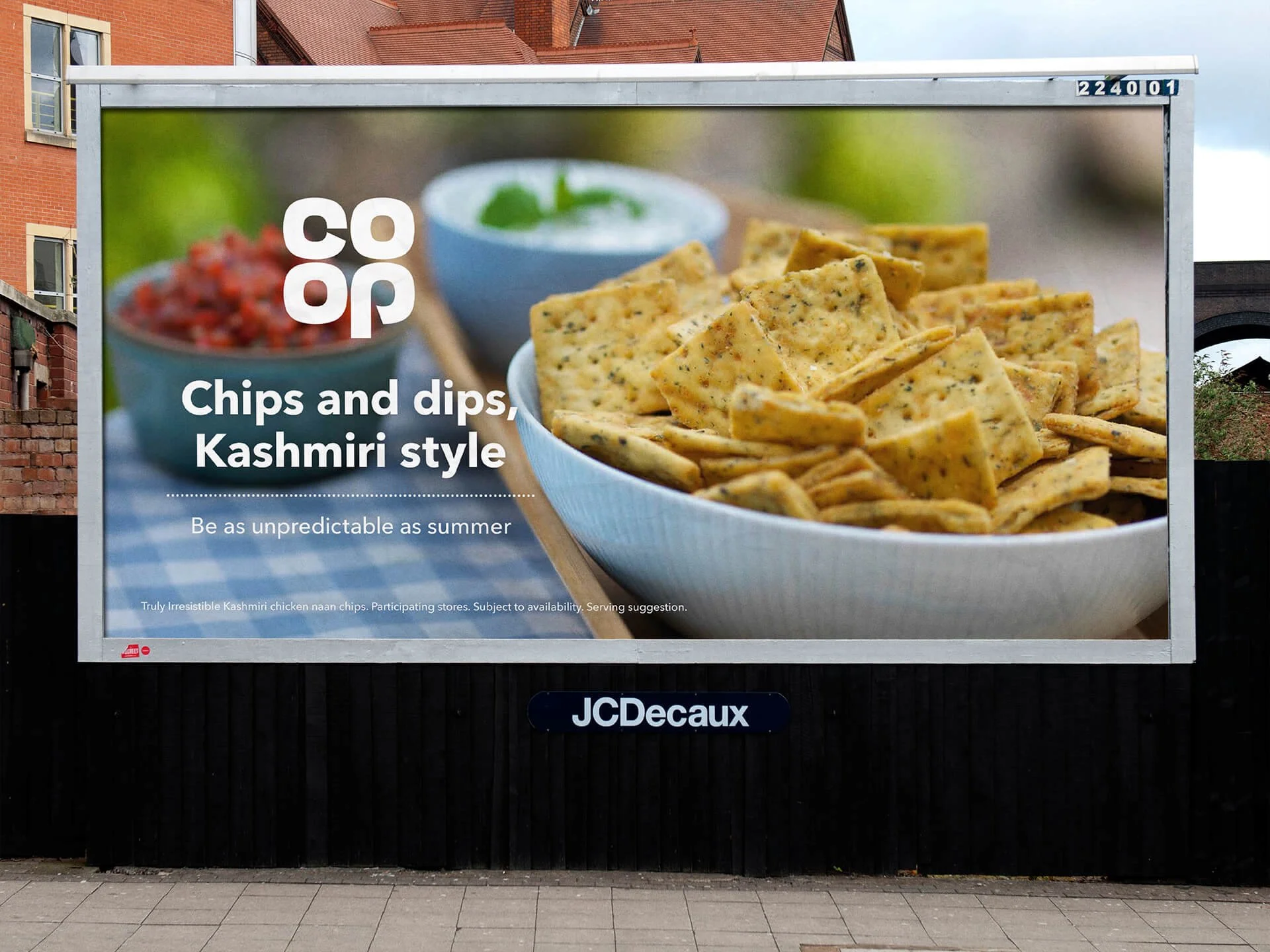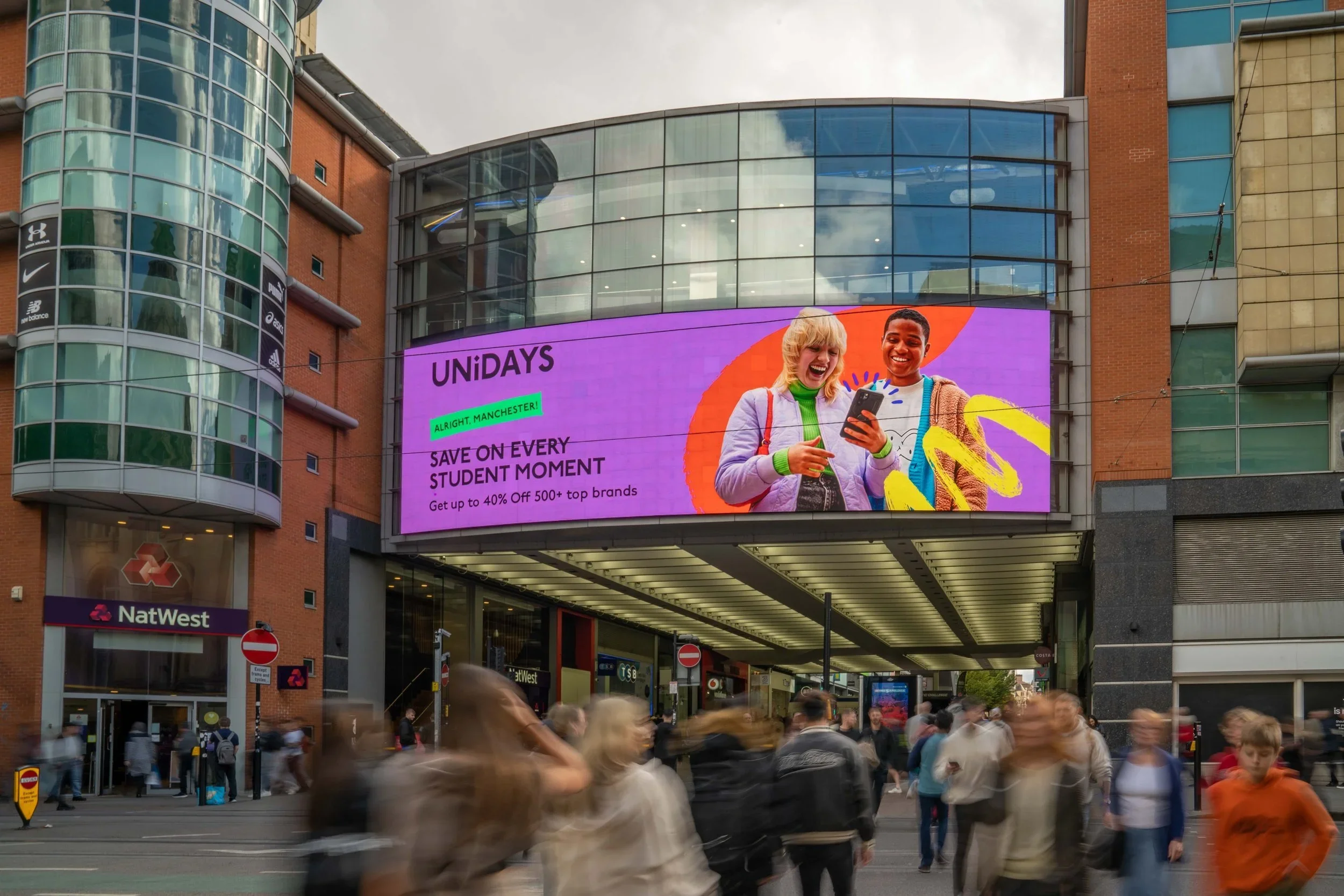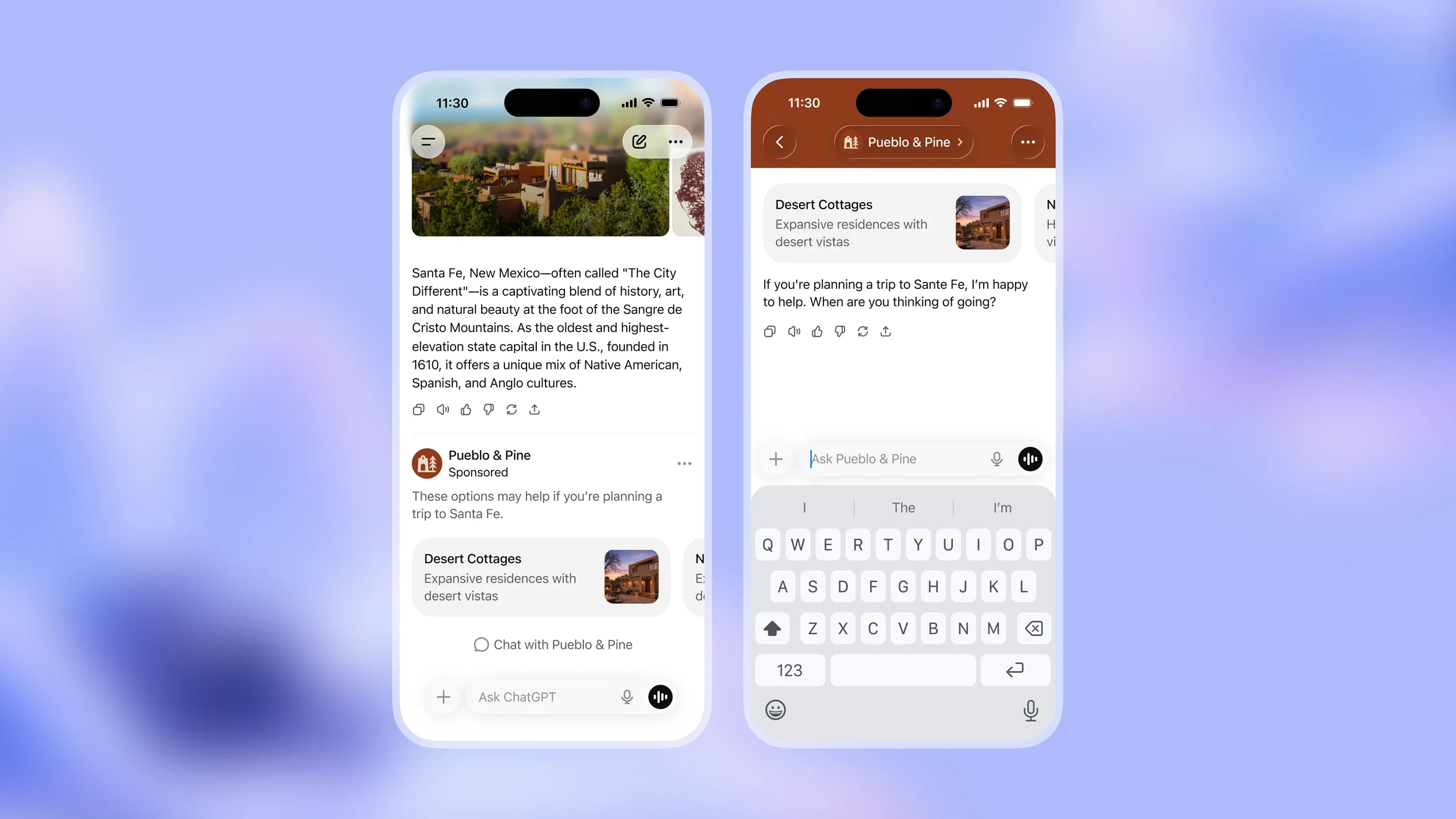Turning followers into 🤑 - when influencer marketing works (and when it really doesn’t).
Influencer Marketing.
Key Takeaways
Authenticity is everything – Influencer marketing works when content feels natural, transparent and true to the creator’s voice; forced or scripted campaigns quickly lose trust.
Relevance beats reach – The best results come from influencers whose audiences align with your brand, often micro- or nano-creators with loyal, engaged communities.
Think long-term, not transactional – Sustainable success comes from building ongoing relationships with influencers and measuring beyond vanity metrics, focusing on engagement, conversions and sentiment.
The Big Question: Does Influencer Marketing Actually Work?
Influencer marketing. Does it work? Does it not work? If it does, when does it work? And while we’re here, how many elephants are there in Africa? (Around 415,000, in case you were wondering. You’re welcome 😉.)
But back to the topic at hand. If you’re here to learn how to make influencer marketing deliver genuine results, you’re in the right place. The truth is that influencer marketing can be one of the most powerful tools in modern advertising – but only when it’s done properly. Get it wrong, and you’ll have wasted budget, lost trust, and possibly even damaged your brand.
Here’s our take on when influencer marketing works, when it doesn’t, and how brands can use it strategically to catapult themselves into the spotlight.
First Things First: What is Influencer Marketing?
An influencer is any social media personality or online figure with a following and, more importantly, influence over that audience. It could be a celebrity with millions of fans, a micro-influencer with 5,000 loyal followers, or even a niche creator with deep authority in a specific sector.
Influencer marketing involves brands partnering with these figures to promote products, usually through paid endorsements, product placements or co-created content. Done well, it allows brands to:
Reach new audiences at scale.
Showcase products in authentic, relatable contexts.
Build trust faster than traditional ads can.
It’s a form of social media marketing that carries unique advantages – but only if it’s authentic, strategic, and aligned with the right influencer and audience.
When Influencer Marketing Works
So, what separates successful campaigns from those that flop? Here are the key ingredients.
1. Stay Honest
The early days of influencer marketing were, frankly, a bit murky. In the 2010s, influencers often promoted products without disclosing that they were being paid. Consumers didn’t know whether they were watching genuine recommendations or carefully hidden adverts.
Fast-forward to today, and things have changed. Regulations demand disclosure, audiences are savvier, and authenticity is non-negotiable. Consumers know when they’re being marketed to – and they don’t mind, as long as it feels genuine.
That means brands must prioritise transparency and authenticity. Campaigns need to show the product in real use, with influencers speaking in their own voice, not reading off a script. The best collaborations feel like natural extensions of the influencer’s content, not bolted-on adverts.
A skincare tutorial, a “day in the life” vlog, or a fitness challenge works when the product naturally fits the influencer’s routine. If it feels forced, audiences will switch off – or worse, call it out.
2. One Influencer Does Not Fit All
Not every influencer is right for every brand. Even the most authentic voice can miss the mark if their audience does not align with your target.
Considerations include:
Audience demographics – age, gender, geography, and income level.
Interests and behaviours – what content do they engage with most?
Purchasing power – can they afford your product, and are they inclined to buy?
A luxury fashion brand partnering with a gaming YouTuber may reach millions, but those millions are unlikely to convert. On the other hand, a micro-influencer with a small but passionate fashion-focused audience could deliver far higher ROI.
The golden rule: know the audience behind the influencer, not just the influencer themselves.
3. Relatability Beats Reach
It is tempting to assume that bigger audiences always mean bigger results. But that’s not the case. Sometimes, smaller influencers with highly engaged followings can deliver better conversions than celebrities with millions of disengaged fans.
Micro- and nano-influencers often feel more authentic. Their audiences trust them, because their content feels personal, relatable, and closer to everyday life. That trust translates into buying power.
For example, a beauty brand may achieve more sales through 20 micro-influencers running small, authentic tutorials than through one mega-celebrity posting a single glossy endorsement.
4. Two-Way Connection
Influencer marketing works when it sparks conversation and community. The best campaigns invite audiences to comment, ask questions, and even co-create content – for example, through challenges, polls, or live Q&A sessions.
The rise of live-stream shopping is a case in point. Influencers showcasing products in real time while interacting with audiences combine trust, entertainment and instant purchasing power. That mix is proving to be one of the most effective evolutions of influencer-led commerce.
When Influencer Marketing Fails
It’s just as important to understand why influencer marketing sometimes falls flat – or even backfires.
Misaligned influencer choice: Picking someone whose audience doesn’t match your brand’s target is a recipe for wasted spend.
Over-scripted content: If it feels forced, robotic, or obviously dictated by the brand, consumers tune out.
Lack of transparency: Hiding sponsorships risks regulatory backlash and reputational damage.
Chasing reach over relevance: Millions of impressions mean nothing if they don’t translate into engagement or conversions.
One-off, transactional campaigns: Influencer partnerships that feel like quick cash grabs rarely build long-term trust.
These pitfalls often stem from treating influencer marketing as a media buy rather than a relationship-driven strategy.
The Bigger Picture: Why It Matters
In an era where consumers are sceptical of traditional advertising, influencers can cut through the noise. They humanise brands, tell stories in ways audiences actually want to consume, and act as bridges of trust.
But consumers are also shrewder. They can spot inauthenticity instantly. Brands that misuse influencer marketing risk not just wasted budget but active backlash.
That’s why successful campaigns require careful planning, from choosing the right influencer and audience fit to ensuring the content feels authentic, transparent and relatable.
Practical Takeaways for Brands
If you’re considering influencer marketing, keep these principles front of mind:
Prioritise authenticity: Let influencers create in their own voice.
Choose relevance over reach: Match audience interests, not just numbers.
Be transparent: Always disclose sponsorships clearly.
Foster long-term relationships: Work with influencers repeatedly, not as one-offs.
Measure meaningfully: Look beyond vanity metrics like impressions. Focus on engagement, conversions and brand sentiment.
Final Word
So, does influencer marketing work? The answer is yes – but only when it’s done strategically. When brands stay honest, choose the right voices, and allow influencers to connect authentically with their audiences, influencer marketing becomes a powerful engine for growth.
Get it wrong, however, and you risk irrelevance, wasted spend, and even reputational damage.
In short: influencer marketing is not a magic bullet. It’s a tool. Like any tool, its effectiveness depends on how well you use it. Turn followers into 🤑 – but do it with authenticity, strategy and respect for the audience.
To learn more about Influencer Marketing, get in contact today.












